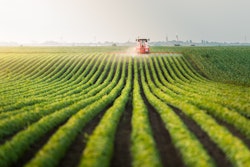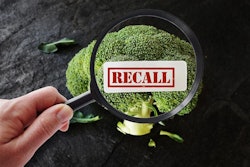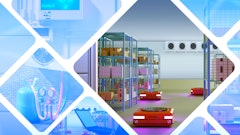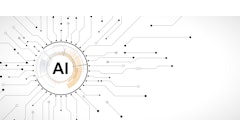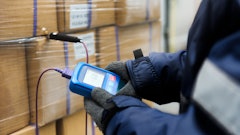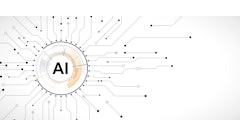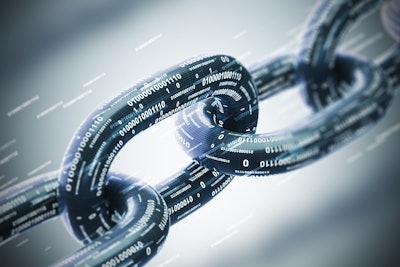
Earth Day is the perfect occasion to evaluate where we stand with the environment and what can realistically be done to improve the status quo. One of the biggest challenges is changing the consumption patterns in developed economies, especially in that most basic category of consumables -- food.
Sustainability is a big theme on Earth Day, but what many people don’t realize is that the food production and distribution industry is one of the highest impacting the environment. So, how can we have a positive effect on the environment while also improving the supply chain process as a whole?
The answer lies in blockchain technology.
At first blush, the technology underlying cryptocurrencies might seem like the least likely candidate for a quantum change in environmental action. But, blockchain technology offers a market-ready solution for giving consumers better information about the sources of their food. This can enable buying decisions that better reflect consumers’ environmental values.
In fact, blockchain is uniquely positioned to bring about such change precisely because of the “community” nature of its operations and its inherent connection to commerce.
Technology problems require technology solutions
At root, environmental degradation is the result of the outsized impact industrial technologies have enabled humans to make on the planet. It’s not realistic to expect civilization to rewind tens of thousands of years. Instead, we need to adjust our technological mix to enable more responsible resource management.
As one of the most basic industries—and among the most environmentally high-impact—food production and distribution is a particularly ripe area for meaningful innovation. To date, best information consumers had to go on was perhaps an “organic” label with dubious support for that claim. But, the growth of organics points to the demand for more environmentally-friendly foods. The more transparency consumers have, the better able they are to make values-based purchase decisions.
Blockchain technology promises to enable just such transparency. When utilized as a shared and near-perfectly immutable record of a food’s source, inputs, and transportation, consumers have complete and trustworthy information about what they buy.
This also enables another layer of actionable information regarding the practices of each of the participants in the food supply chain. Best of all, shorthand like “organic” can be more trustworthy thanks to the nature of blockchain itself.
The triumph of the commons
The cooperative nature of blockchain harmonizes with the sense of shared responsibility at the heart of environmentalism. For those who don’t know, blockchain essentially shares identical records of a food’s source and handling across a community of computers. Since the information cannot be changed—only amended—it is virtually impossible to game the system. This enables a previously unachievable degree of trust which is the foundation of healthy and efficient business.
Because of the non-governmental heritage of blockchain technology, it is often thought of as a global movement. And it is. But, despite the world-changing environmental potential of this application of the technology, it is equally applicable to local “farm to table” initiatives. In fact—while the initial impact might not be as great—such smaller scale deployments are easier to implement and can strengthen the bonds of community between consumers and food producers.
Of special note is the fact that blockchain leverages the networked systems that businesses and consumers already use for virtually all their communication and transactions. This means smaller businesses can participate in this new marketplace alongside huge corporations. And they can do so anywhere in the world that is connected to the Internet.
Money matters
Which brings us to the most appealing aspect of blockchain technology in service of environmental goals -- its economic viability. Rather than having to counter economic objections to environmental investments, blockchain for food transparency makes economic sense on its own.
Quantitative insights into the entire food supply chain can give all the participants end-to-end visibility to inform resource allocation, investment, scheduling and even crop selection. This, in turn, can lower costs and improve profitability for these businesses. Farmers can plant and use water more efficiently and spend less on soil amendments. Logistics providers can ship more efficiently, thereby reducing their carbon footprints.
This same information can be used for marketing to end-consumers to increase brand or product preference and support premium pricing. As mentioned above, consumers have already demonstrated a desire for more sensitively sourced foodstuffs. With better information, this could be an even bigger business.
These benefits can be enjoyed transnationally, extending to producers anywhere in the world.
This will allow consumers in developed countries to influence the environmental decisions in other parts of the world where economic decisions trump environmental considerations.
While Earth Day is a good occasion to reflect on the pleasures and virtues of the natural world, the promise of new technologies like blockchain—applied to such an essential aspect of daily life as the food supply—is both exciting and a good reason to look to the future with hope.





